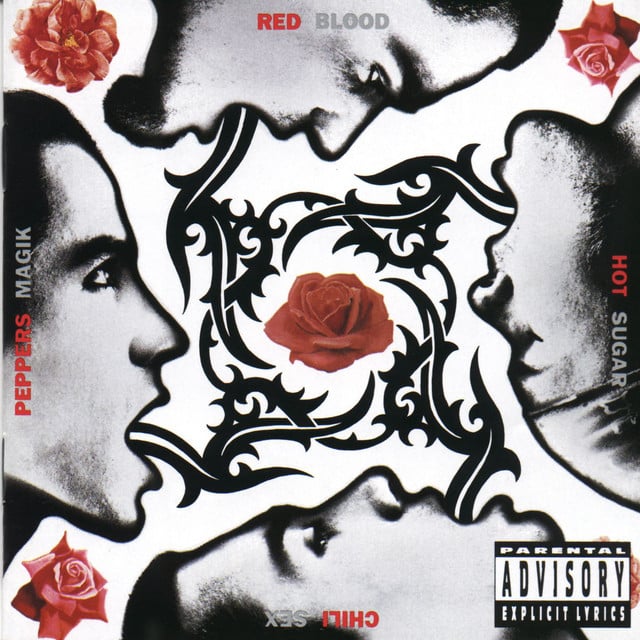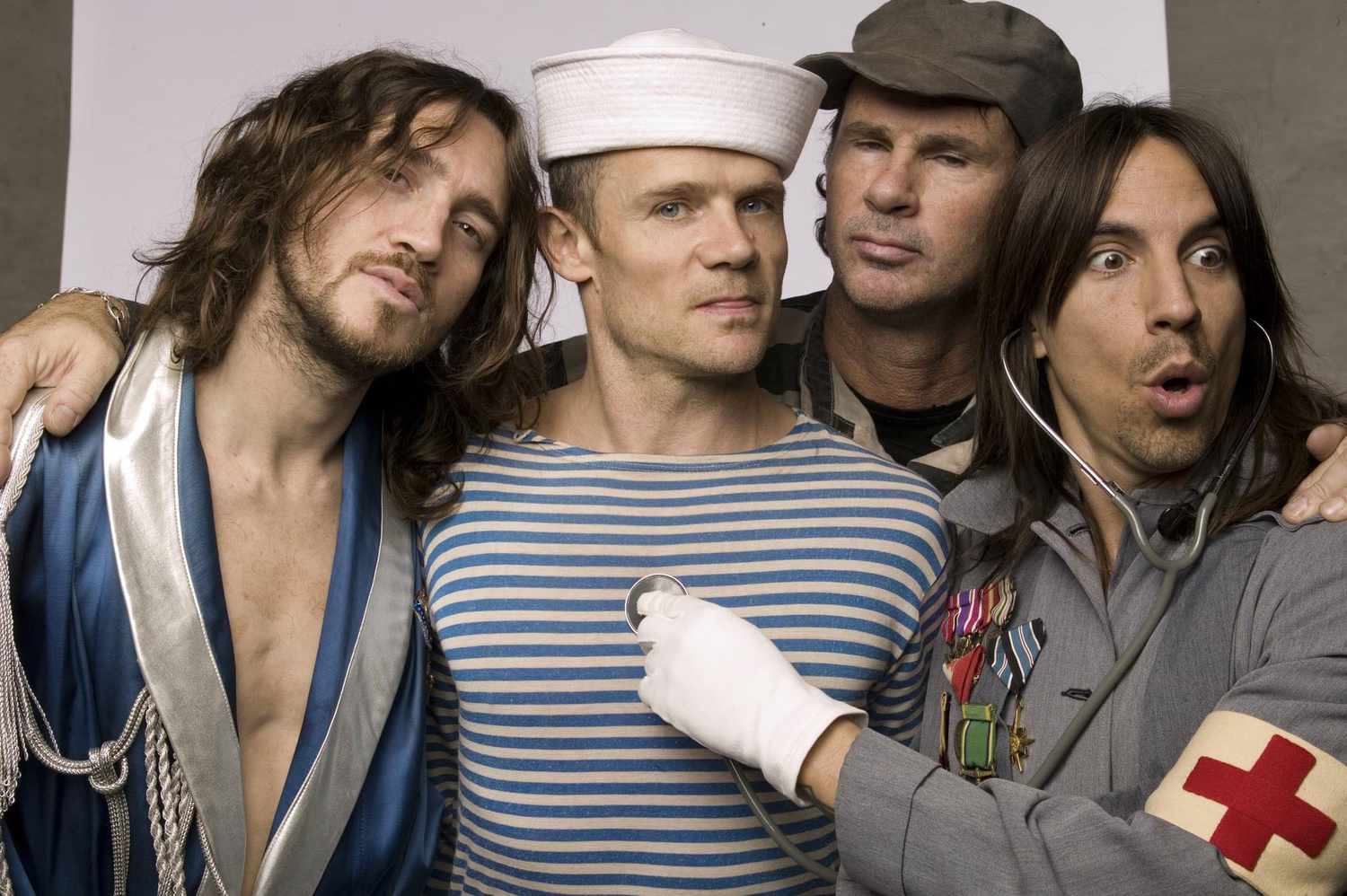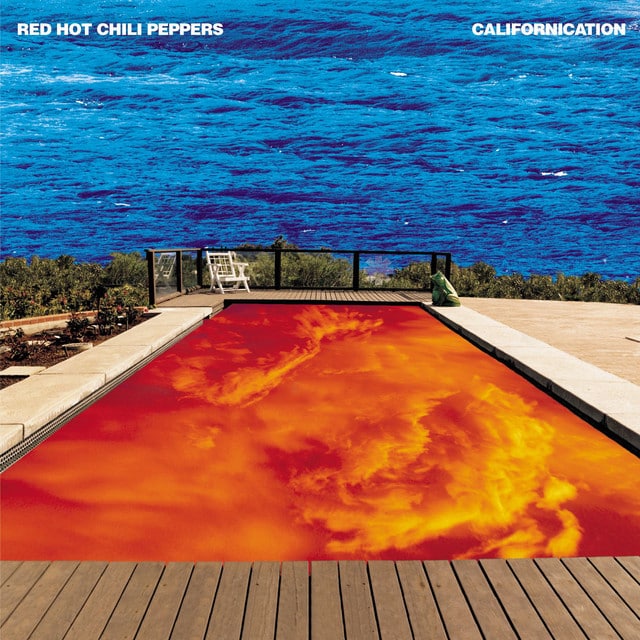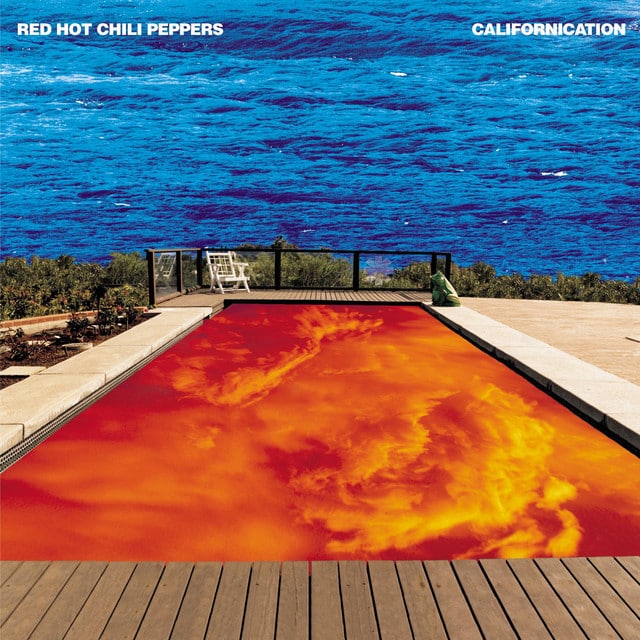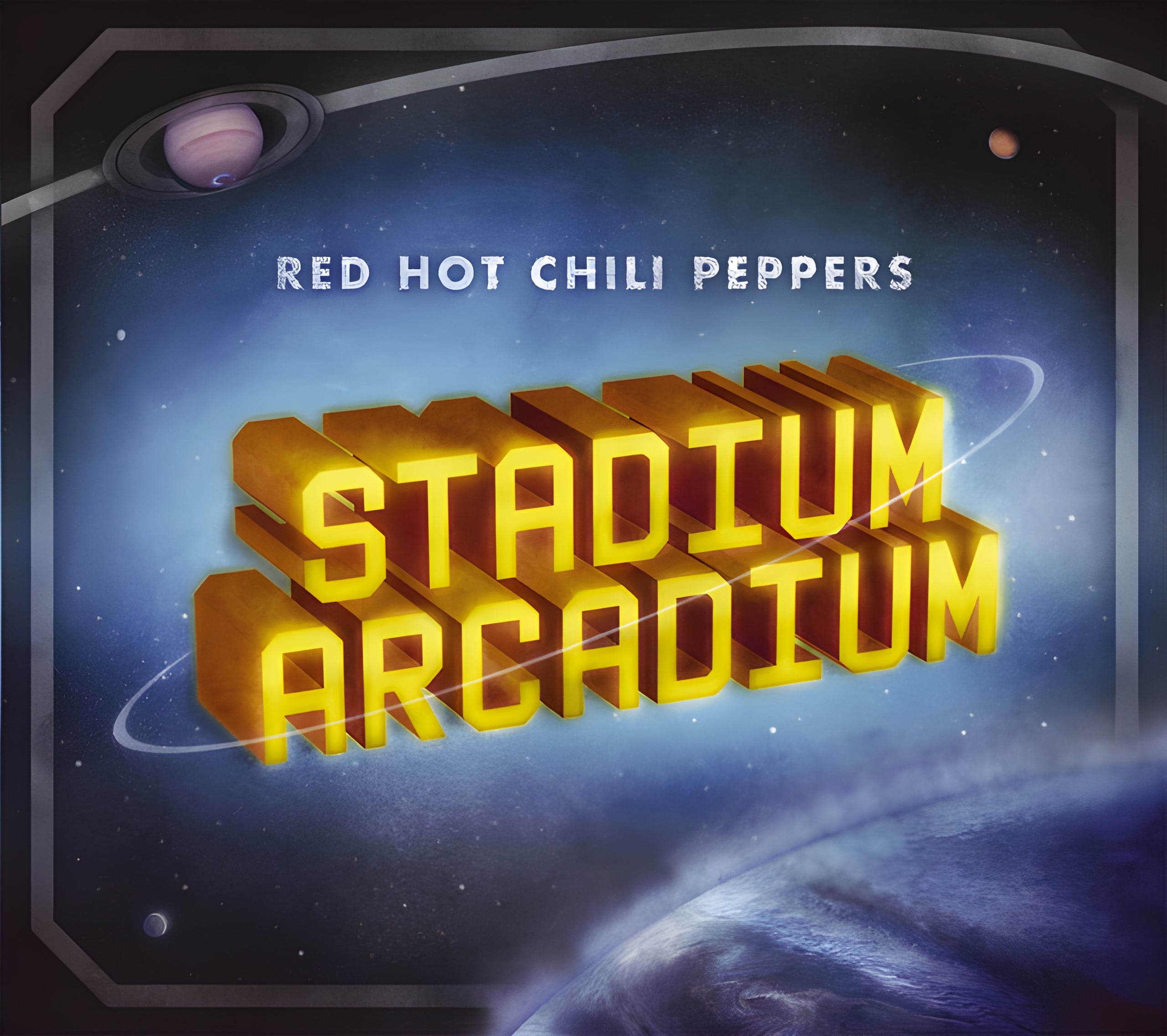Released: 1991
“Under the Bridge” by Red Hot Chili Peppers is not just a song; it’s a raw outpouring of loneliness and the quest for connection in the vast urban sprawl of Los Angeles. It’s a deep dive into how isolation can dwell in crowded places and how a city can become a paradoxical source of comfort and despair. This track is a profound expression of human vulnerability, wrapped in the sunshine-soaked riffs typical of the Chili Peppers but underscored by a haunting melancholy.
The song kicks off with frontman Anthony Kiedis confessing, “Sometimes I feel like I don’t have a partner / Sometimes I feel like my only friend.” Right from the get-go, he’s laying it bare – feeling utterly alone even though he’s in a city crammed with millions. Los Angeles, the “city of angels,” is personified as his sole companion. This opening sets a tone of deep personal isolation but also hints at an intimate relationship with the city itself. When he speaks of crying together with the city, it’s a poetic way to say that his sorrows are shared with the essence of LA, making his loneliness a collective rather than a purely personal experience.
As the song progresses, Kiedis deepens the anthropomorphism of LA, driving on “her” streets, and walking through “her” hills, suggesting a relationship of mutual understanding and support between him and the city. The city “sees his good deeds and kisses him windy,” a line painting LA as a living entity that acknowledges and appreciates his existence and contributions. However, the confession “Well, I never worry, now that is a lie” introduces a crack in this relationship, hinting at underlying anxieties and doubts that plague him despite this connection.
The chorus, “I don’t ever want to feel like I did that day / Take me to the place I love, take me all the way,” refers to a deeply traumatic experience, craving to return to a state or place of emotional safety and love. While not explicitly mentioned in these lines, it’s widely regarded that this part of the song reflects Kiedis’s struggles with drug addiction and the desolation it brought him, especially in specific spots in LA, like under a bridge downtown, which becomes a central image later in the song.
“It’s hard to believe that there’s nobody out there / It’s hard to believe that I’m all alone,” these lines echo the paradox of urban loneliness – surrounded by a sea of people yet feeling completely isolated. The city is personified again as loving him, a sliver of solace in his solitude. This complex relationship with the city underscores the entire song: LA is both his burden and his only true support.
The most gut-wrenching moment arrives towards the song’s conclusion, with Kiedis recounting a specific episode: “Under the bridge downtown / Is where I drew some blood.” This is not about literal violence but a metaphorical and actual reference to his intravenous drug use, a moment of surrender where he felt most lost, on the fringes of society, under a bridge. He admits to giving his life away there, to drugs, away from love and light – a powerful confession of hitting rock bottom.
In essence, “Under the Bridge” is a beautifully complex song that goes beyond the band’s usual funk-rock stylings to touch on themes of loneliness, addiction, and the search for redemption. It’s a narrative about how intensely personal and universal the experience of searching for connection can be, especially within the labyrinth of city life. Kiedis doesn’t just sing about alienation; he invites us into the depths of his soul, showing us the scars and yearning for something more, something resembling a home in the heart of the city that both loves and devastates him.
